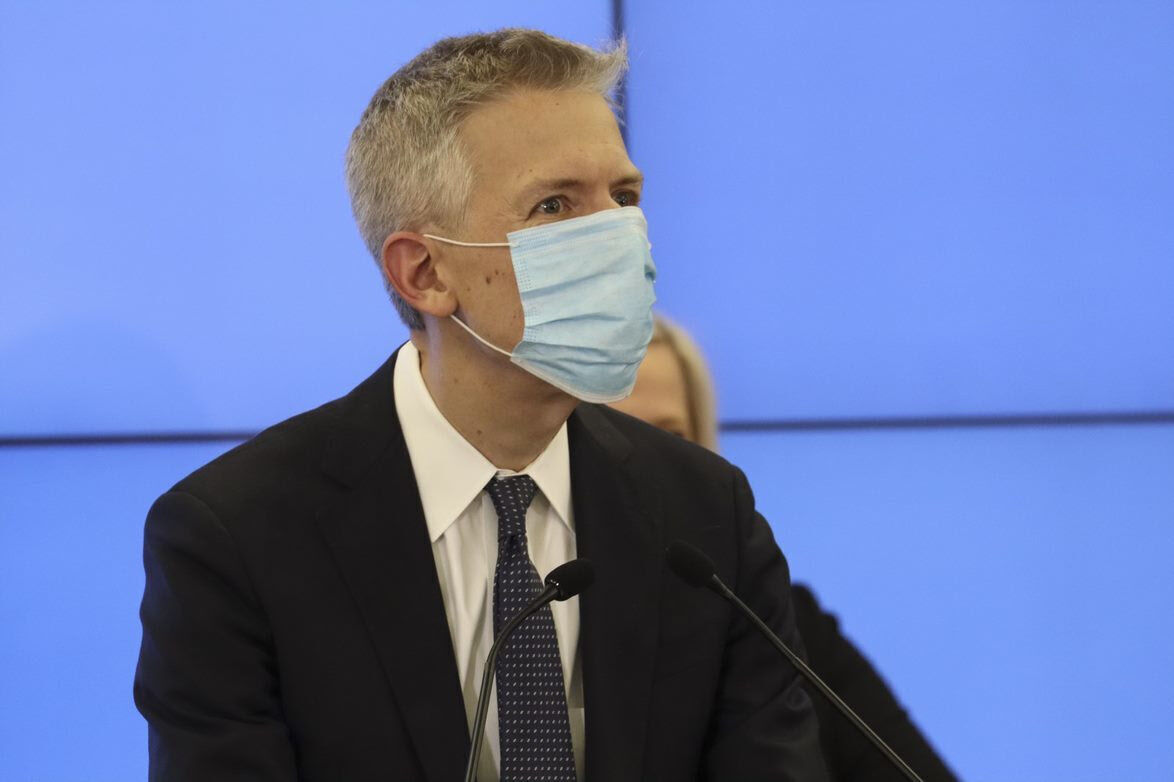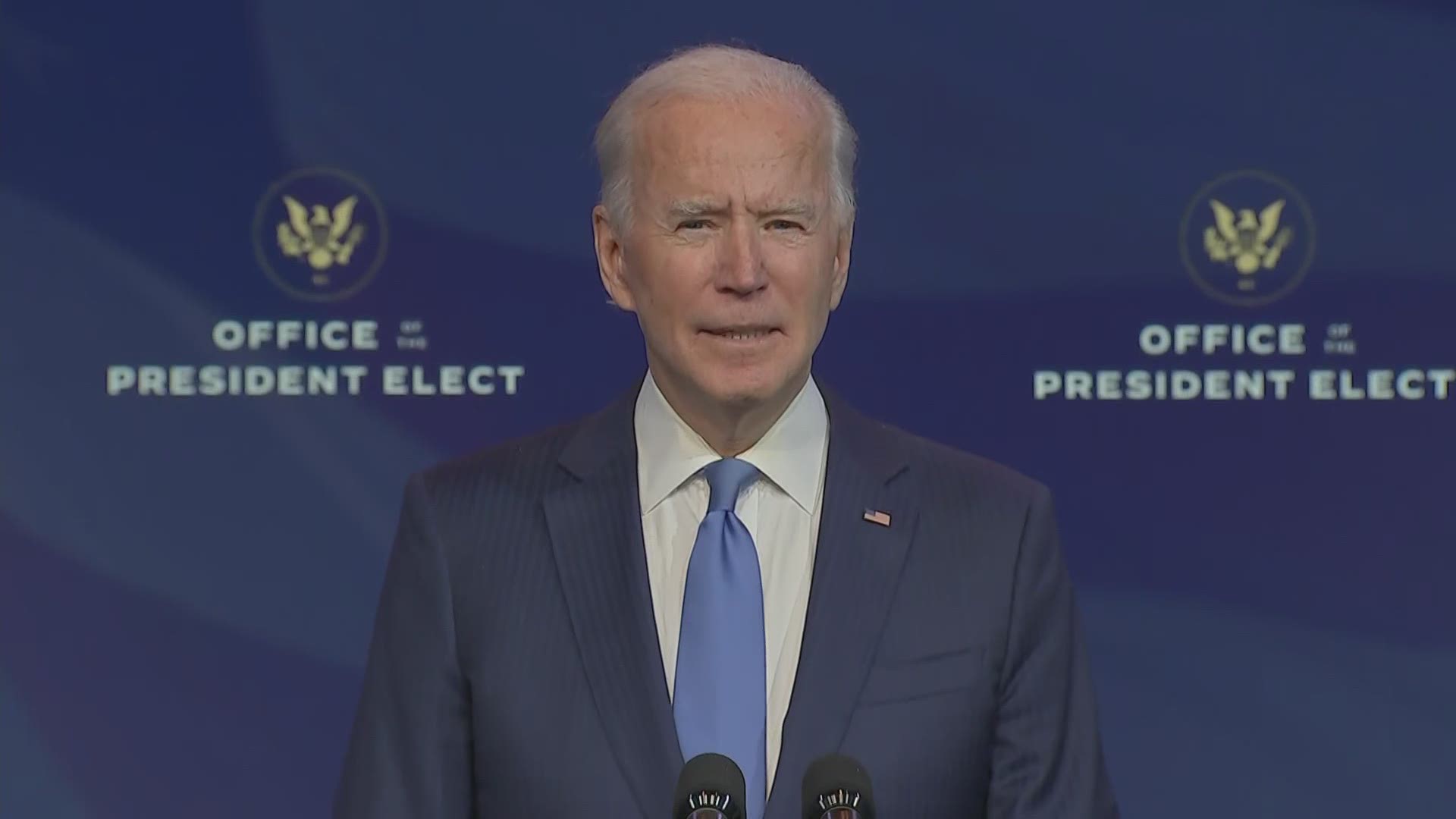The Michigan Senate approved a bill capping public health emergency orders to a 28-day timeline, which would mirror the time restriction imposed on Gov. Gretchen Whitmer’s executive orders.
Senate Bill 1253, sponsored by Sen. Lana Theis, R-Brighton, would amend the state’s Public Health Code to make emergency orders by Michigan Department of Health and Human Services Director Robert Gordon valid for only 28 days. He or a future director could request extensions of orders through legislative approval.
The bill was approved 22-16 during the Senate’s session on Thursday, Dec. 10. It moves to the Michigan House of Representatives for further approval, which is scheduled to meet next week for its last three days of lame duck.
Should the Republican-led House approve the bill, it would move to Gov. Gretchen Whitmer for signing. Enactment is unlikely, as Whitmer has leaned on Gordon’s public health orders to limit public gatherings in an effort to prevent disease spread.
The bill would be retroactive, meaning that if signed, Gordon’s orders would cease immediately.
Democratic senators tried to amend Senate Bill 1253 prior to the vote, leading to heated partisan debate on the Senate floor. Senate Minority Leader Jim Ananich, D-Flint, called the bill an “unconstitutional legislative veto.”
“Our constitution is clear: All legislation must be by bill,” he said. “It must be presented to the Governor to be signed into law. Instead, this bill would allow legislators to exercise authority reserved for the executive branch.
Theis said the Michigan Supreme Court “couldn’t have been more clear” when they removed Whitmer’s emergency powers, adding that the court ordered Whitmer and the legislature to work together.
The amendment was shot down, as well as one by Sen. Winnie Brinks, D-Grand Rapids, that would have codified a mask mandate.
“It would require face masks indoors, outdoors where distancing is impossible, while using public transit or rideshare services,” she said. “This change will ensure we listen to our best scientists & better protect Michiganders.”









